BY-Rajeev Choudhary
The owner of the school in Hathras, for whose progress a class-2 child was murdered, is a B.Tech graduate. He used to work in Malaysia. He returned to the village 4 years ago. He opened a school here, but it did not succeed as expected, instead he got trapped in the debt trap. He incurred a debt of 20 lakhs. When he did not see any option, he got influenced by his tantrik father. Then he hatched a conspiracy to sacrifice his child.
Secondly, the mythological Jitiya fast was celebrated across the country on Wednesday. Jitiya is a fast in which Nirjala (without water) fast is observed for the whole day and is observed by mothers for the long life and welfare of their children, but this time 49 people drowned in the entire state of Bihar, out of which 41 people died. Most of them included small children, that is, the children for whose long life this fast was observed, they drowned.

Last year, due to superstition, a mother sacrificed her own son on the advice of a tantrik in Sultanpur, Uttar Pradesh. The 4-month-old child was cut with a shovel. These are the incidents that have shocked the entire society.
These incidents have once again raised questions. This question is neither from us nor from you, this question is from Sanatan Vedic religion that is all this superstition connected to religion? If we say no, then the question will be that has everything been in the name of Hinduism? If you search for answers to these questions, then scholars believe that with time, distortions came in Vedic religion, streams of folk traditions also got added and in the society steeped in ignorance, they started being considered a part of Vedic religion. Just as innumerable creepers cling to the banyan tree and create their existence, but those creepers are not trees, in the same way other traditions also spread roots under the umbrella of Vedic Aryan religion. The practice of sacrifice is seen only in the Shakta and Tantric sects of Hindus, but it has no Vedic basis. But its survival in this form even today definitely indicates that the roots of superstition are still very deep in the country.
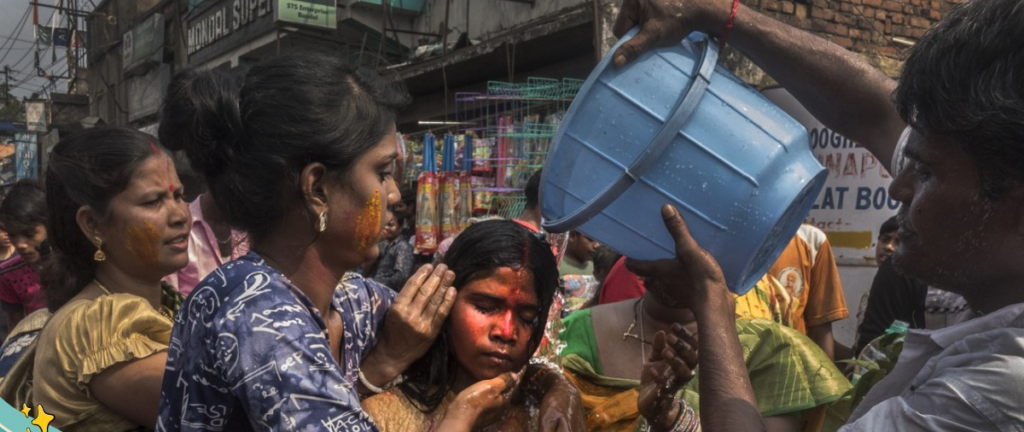
The matter is not limited to this, some time ago a person in Hyderabad sacrificed a child. On the advice of a Tantrik, the person performed a puja on the day of lunar eclipse and threw the child from the roof. The Tantrik had told him that by doing this, his wife’s long-standing illness will be cured. So many such incidents are heard every day.
If we see, today the market of superstition in the society has grown so much that even the educated are falling prey to it in the same way as the uneducated people. Whereas this is an attempt to strangle the modern thoughts and open thinking acquired by human civilization after a long struggle.
Such incidents have been happening all over the world earlier, but with time they adopted modernity. But in India, all this is going on as before in the name of religion. Because the logic behind human sacrifice is the same as in religious sacrifice in general. The intended purpose of human sacrifice is to bring good luck and the desire to please the gods etc. We do not know whether we should call these imaginary gods who are pleased with blood as gods or demons? In ancient Japan, a virgin woman was buried alive in or near the foundation of a building as a prayer so that the building could be protected from any disaster or enemy attack. South America also has a long history of human sacrifice. People used to sacrifice their servants on the death of rulers and on festivals. Human sacrifice was done in West Africa till the end of the nineteenth century, or it is said about the Great Wall of China that it was built on countless corpses. But that was the mythological period, in which human civilization was far from knowledge. Yes, the Vedic period of India is not included in this, because there are hundreds of such mantras and verses in the Vedas, from which it can be proved that the practice of sacrifice is prohibited in Vedic religion and this practice is not a part of our religion. Whoever supports the practice of sacrifice, behaves demonically against religion.

When ignorance and superstition, hypocrisy and bad customs and false traditions started in the absence of Rishis and Munis who imparted true religious teachings, and in their place, camps of hypocrites and frauds started to emerge, then the result was slavery of the country. Due to these, the country had to go through many difficult circumstances and even today the religious and social condition of the country is not satisfactory. To overcome this situation and achieve victory, it is necessary to completely eradicate ignorance and superstition from the country, otherwise the religious devastation will be many times bigger than the last century.
If the government makes a law at the national level and makes a provision to take action against the elements spreading superstitions, against the people propagating them, then even today a lot can be covered. It is true that the law becomes useful for the society only after implementation, but still it is hoped that our society, which has reached the second decade of the 21st century, will get some help in understanding the difference between faith and superstition in the heat of such a historic law. Whatever our past may have been, the future of the coming generations will definitely improve.
Rationalists say that it is sad that in a country where science has advanced so much and satellites are being sent into space, human sacrifices are made and meaningless customs are followed. The difference between faith and superstition is that “if a custom is followed without questioning the logic behind it, it is called superstition. If a person is unable to test the logic behind the custom, it can be dangerous.” They feel that considering things like turmeric, chicken, stones, numbers and colors as powerful is unscientific and many lives are lost because of calling them scientific. Whereas superstitions make you inactive and fatalistic. There are some beliefs prevalent in our society which are called superstitions. However, for some people it may be a question of faith. We do not know what the truth is, but due to these superstitions most of the people of India have become superstitious, indecisive, scared and religious.

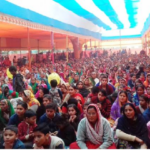

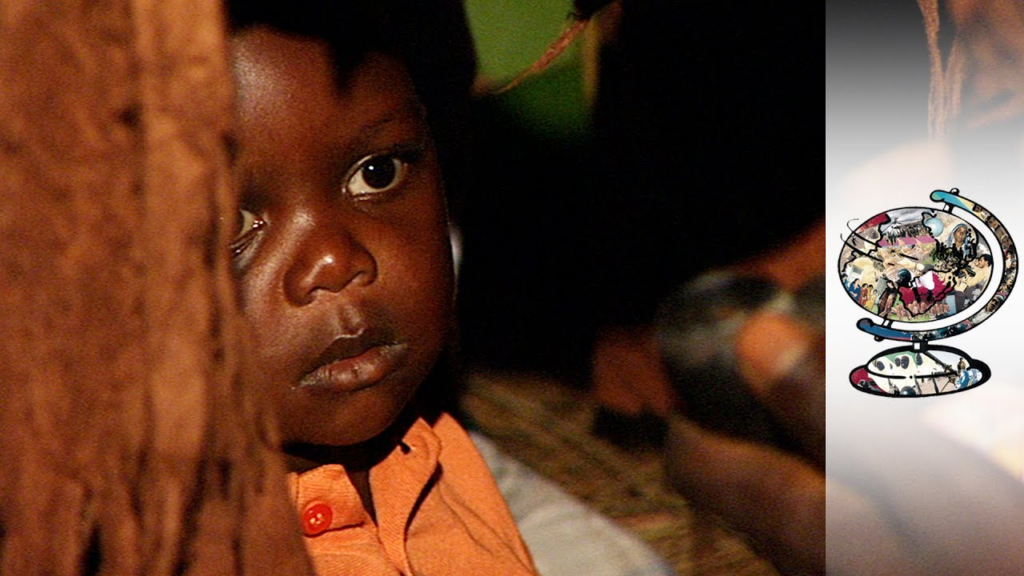

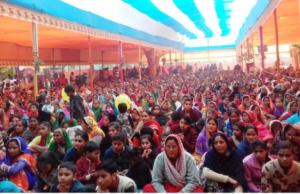
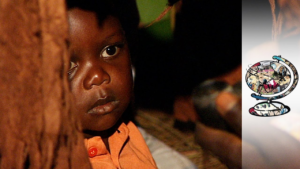
More Stories
Who is the real king of Middle East Gulf countries?
Will Indian Medical Association also come out against medicine pharma companies?
There is a history hidden behind Hansraj College.